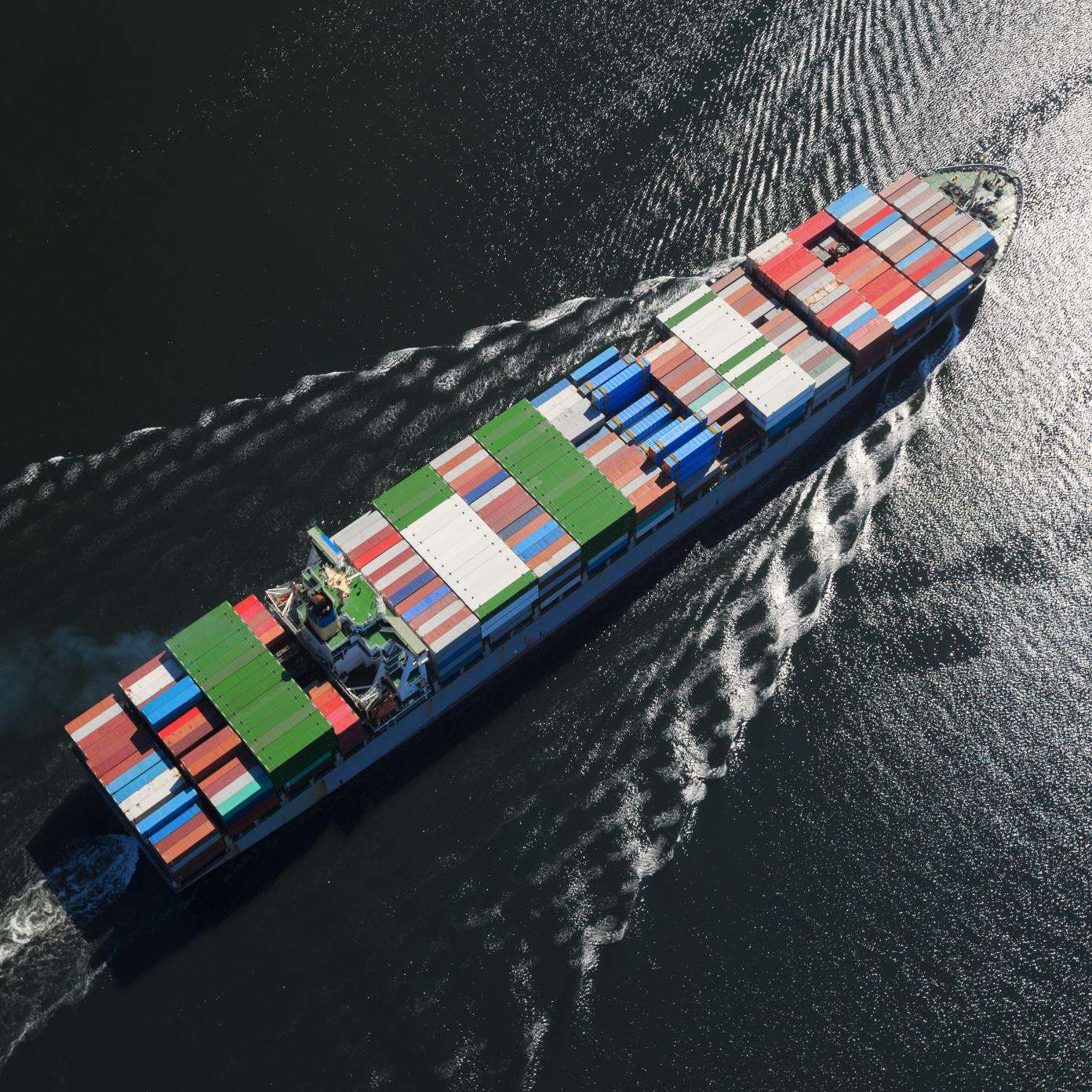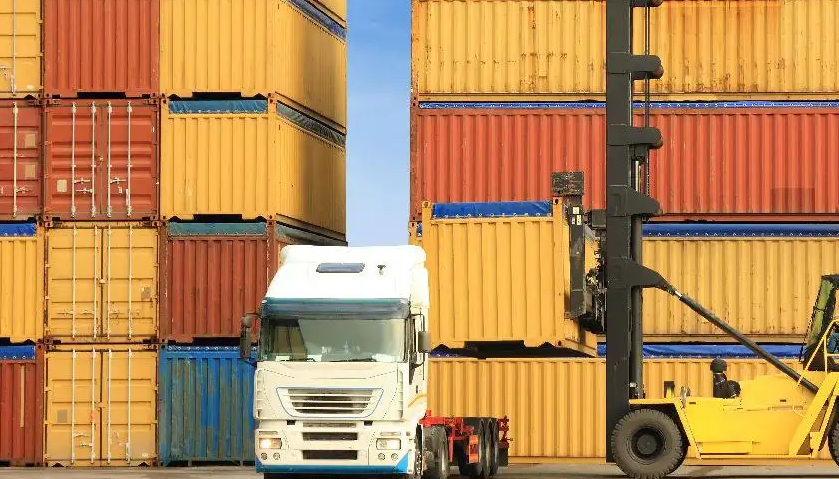international sea shipping
International sea shipping stands as the backbone of global trade, facilitating the movement of approximately 90% of world trade goods across oceans and seas. This vital transportation method encompasses a complex network of carriers, ports, and logistics systems working in harmony to connect markets worldwide. Modern sea shipping utilizes advanced technologies including GPS tracking, automated cargo handling systems, and sophisticated weather monitoring equipment to ensure safe and efficient delivery. Vessels range from massive container ships capable of carrying thousands of standardized containers to specialized tankers designed for liquid cargo. The industry employs state of the art navigation systems, real time monitoring capabilities, and environmentally conscious practices to minimize its carbon footprint. Digital platforms now enable real time cargo tracking, automated documentation processing, and seamless communication between stakeholders. The integration of artificial intelligence and machine learning has revolutionized route optimization, fuel efficiency, and predictive maintenance. This mode of transportation is particularly crucial for bulk commodities, manufactured goods, and raw materials, offering unparalleled economies of scale for long distance freight movement.


